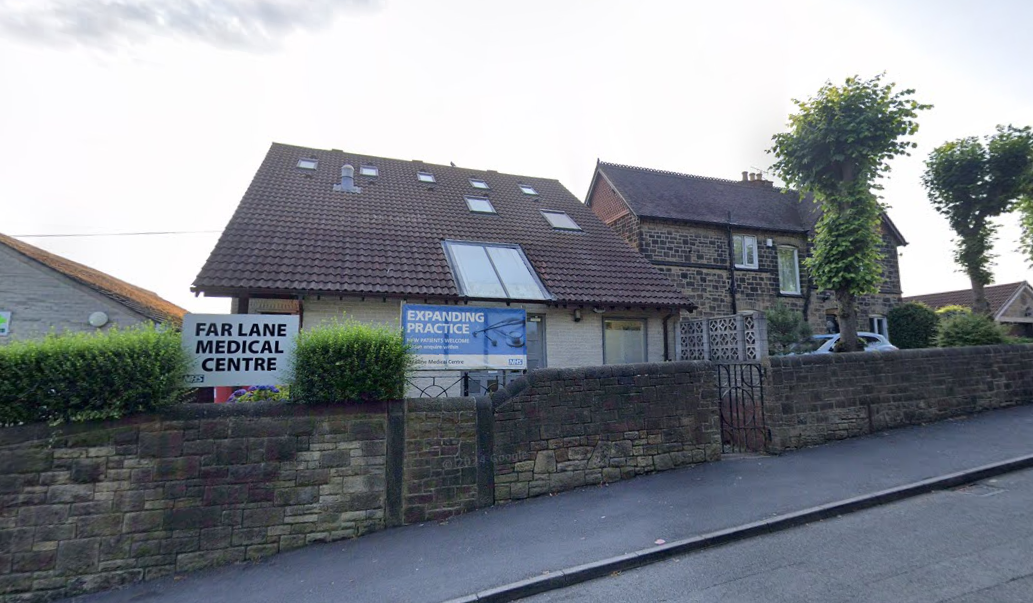Credit: Deadly Sirius
The number of homeless people in Sheffield rose by 24% this year, revealing the effects of the pandemic on the city’s most vulnerable.
Zoe Young, Housing Options and Advice Service Manager for Sheffield City Council, told a scrutiny committee that they expect to have dealt with 600 homelessness cases by the end of March, up from 484 at this time last year.
There was also a 73% rise in the number of people placed into temporary accommodation. While being asked to leave by family and friends remains the most common cause of homelessness, there was a substantial increase in those leaving their homes after suffering domestic abuse during lockdown.
 Ms Young admitted that, for as long as the pandemic continues, it will be difficult to reverse this trend. She said: “There is a significant risk that this number of cases will increase because of the pandemic, and our services will find it difficult to improve because of the pressures on resources.”
Ms Young admitted that, for as long as the pandemic continues, it will be difficult to reverse this trend. She said: “There is a significant risk that this number of cases will increase because of the pandemic, and our services will find it difficult to improve because of the pressures on resources.”
Tracey Ford, the council’s City Centre Anti-Social Behaviour Manager, also discussed how the national lockdown had impacted the council’s ability to help those at risk of homelessness.
She said: “People were running around like headless chickens, wondering how we were going to keep up with those displaced by Covid, how we would make sure they were being looked after and staying safe.
“The likes of Ben’s Centre, The Archer Project and St Wilfrid’s really got their heads together and helped us to look at meeting the needs of these people.”
 Daryl Bishop is the CEO of Ben’s Centre, an organisation which provides support to those suffering with homelessness, alcoholism and substance abuse. While he was impressed at the way in which groups around Sheffield have worked together to help those in need, he said Covid restrictions have frustrated everyone’s efforts.
Daryl Bishop is the CEO of Ben’s Centre, an organisation which provides support to those suffering with homelessness, alcoholism and substance abuse. While he was impressed at the way in which groups around Sheffield have worked together to help those in need, he said Covid restrictions have frustrated everyone’s efforts.
“We can only really operate at half capacity, and we are just opening when and where we can to try and provide support for people and help get them in touch with housing organisations.
“Normally, people come to our centre and we chat to them, we get to know them. When this day-to-day conversation isn’t happening, we lose that information about people that we normally have.
“At the moment, there are less places for people to go and present themselves when they are in trouble, there’s less outreach going on. There’s probably a lot of people out there who really want help that are struggling to tell us they need it.”




